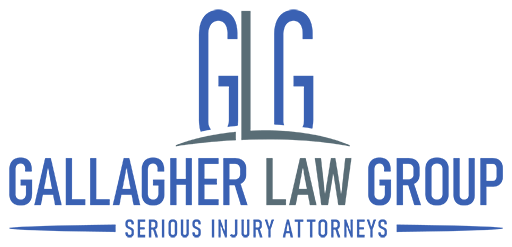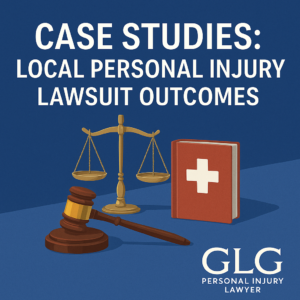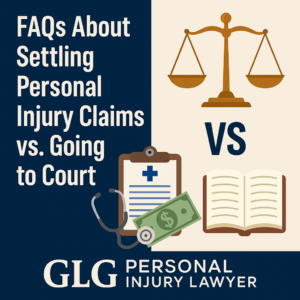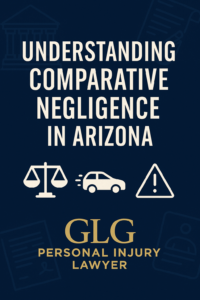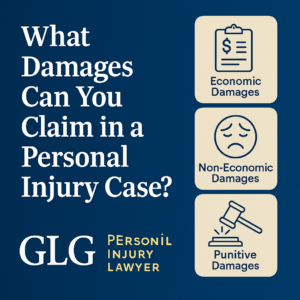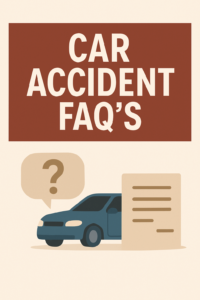
What Happens After a Settlement is Reached
Getting a resolution in a legal dispute, especially involving an injury or an injury case, is a significant development. The act of bargaining, arranging the conditions to be made, and finally having a consensus on the compensation is a big leap. However, once the agreement is finalized, many people ask: what happens next? Once the lawsuit is settled, the journey is only half over. However, some other issues and financial treatment must be appropriately resolved so the settlement can be solved without any problems.
The significant stages of the process after settlement are discussed: settlement payout, post-settlement legal activities, how to handle the money received, financial planning, taxes, legal finalization of cases related to injuries, and what one can expect after receiving such payout.

The Settlement Payout Process
After a specific settlement has been made, this also helps one in knowing the steps that lead to the payment. While the details can vary based on the nature of the case, the process typically follows these steps:Agreement and Documentation
The first thing that follows the settlement of a lawsuit is to reduce the agreement to writing. This often entails the creation and execution of a settlement agreement instrument. This may, sometimes, include the giving of releases, which is an agreement by the injured party (plaintiff) that he will not bring further legal action in the matter.Payment Distribution
Once the agreement is reached and signed, the defendant in the case or their insurer will make the settlement amount. This was in the form of cash or installments, depending on the type of settlement reached per the contract’s terms of phase V. When it comes to structured settlements, the claim payment is made periodically, in equal monthly or even annual installments.Deductions
However, several subtractions will generally be made before the funds are given to the plaintiff. This may consist of attorney’s fees, court costs, medical bills, or any other costs or lien that must be adjusted before disbursing the money. This ensures that the rightful owners of the services they offer are paid and that all expenditure regarding the contract is catered for.
